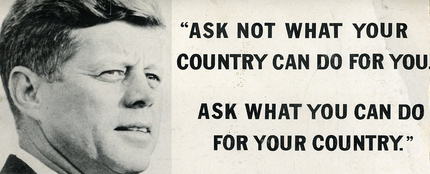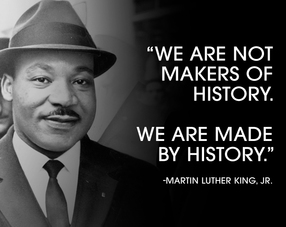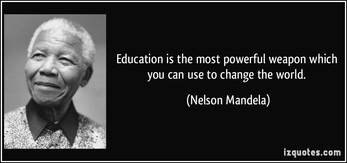Government: In this course, students apply knowledge gained in previous years of study to pursue a deeper understanding of the institutions of American Government. In addition, they draw on their studies of world and American history and geography and other societies to compare differences and similarities in world governmental systems today. This course is the culmination of history/social sciences classes to prepare students to solve societys problems, to understand and to participate in the governmental process, and to be a responsible citizen of the United States and the world.
US History: The year begins with a review of the settlement of the colonies and the American Revolution, to westward expansion, the Civil War and Reconstruction. This should provide the students with a connection to their past learning. Students will then examine the major turning points in American History from the Industrial Revolution through the twentieth century. Emphasis should be placed on the expanding role of the federal government and the federal courts; the balance of power between the right of the individual and states rights; and the continuing struggle between minority rights and majority power. Importance should also be placed on the emergence of a modern corporate economy, the impact of technology on American society and culture, the movements toward equal rights for racial minorities and women, and the role of the United States as a major world power.
World History is a survey of the history of the world focusing on cultural & political aspects; ancient & modern history; the study of western & non-western civilizations; & current events. The course will center upon the period from 1500 to the present. Of major importance will be the relation of these events to the shaping of our present lives as students will also study how World Geography & Cultures / Societies have impacted World Civilization.
Economics: The general objective of a high school economics course is for students to master fundamental economic concepts, appreciate how the principal concepts of economics relate to each other and understand the structure of economic systems. Students will use economic concepts in a reasoned, careful manner in dealing with personal, community, national and global economic issues. They will use measurement concepts and methods such as tables, charts, graphs, ratios, percentages and index numbers to understand and interpret relevant data. They should learn to make reasoned decisions on economics
Science
|
Math |
| ||||||||||






